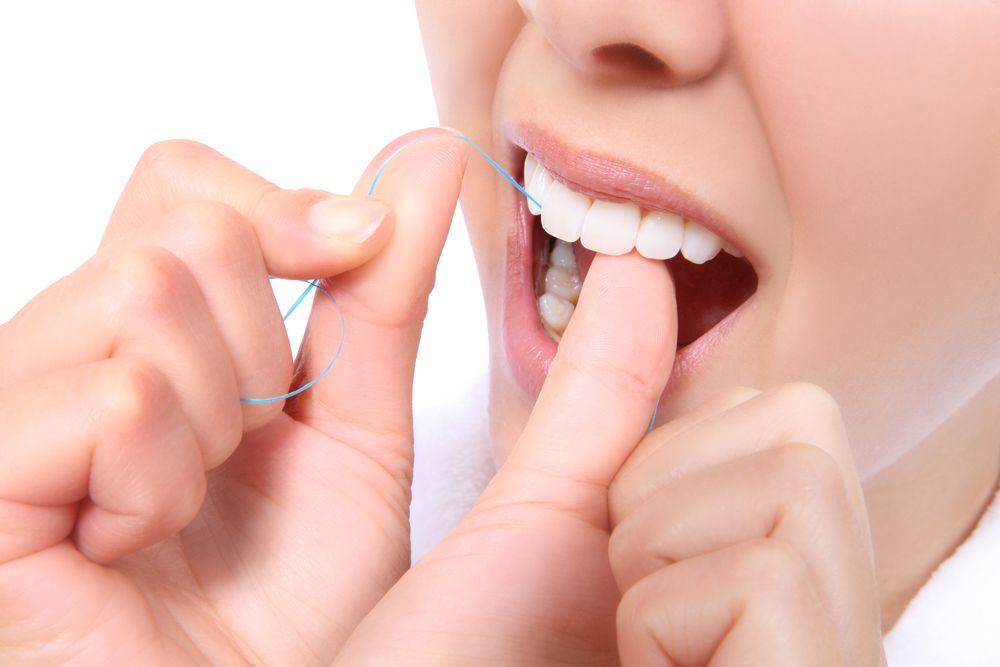
Oral Hygiene is one of the most important practices to prevent dental problems and periodontal disease. Daily brushing using a correct technique to remove food debris and the build-up of plaque are the cornerstone to long-lasting beautiful smiles. But brushing alone is not enough to keep teeth clean. Daily flossing, use of mouthwash and regular 6-month visits to a trained dentist are also essential to maintain your smile.
There are a number of symptoms that can be attributed to poor oral hygiene, and, while hygiene is not the only possible cause of these symptoms, it should be assessed whenever a patient presents with the following symptoms:
Teeth should be brushed twice a day and flossed once a day, and when done correctly should take approximately two minutes. This ensures that the teeth are thoroughly cleaned and food particles are removed from between the teeth and under the gum line.
The use of floss or other interdental cleaners is also important for removing plaque from areas where your toothbrush can’t reach. Did you know if you don’t floss, up to 40% of your tooth surfaces remain untouched and uncleaned?
On the other hand, over-brushing or ‘scrubbing’ teeth too hard can also lead to other problems such as gum recession, cervical wear and sensitivity.
Starting good Oral Hygiene routines early in children is essential to establish good habits when it comes to teeth and gums. It is important that we show our children the proper way to brush and floss. In young children, it is advised that mum and dad also help to clean the teeth as often it can be difficult for young children to have the manual dexterity to effectively clean their own teeth.
The diet also plays a big role in teeth and gum health. The sugars in our food can be used as a source of energy by the bacteria which then produce acid that starts attacking our teeth almost immediately. While acidic foods such as citrus fruits and vinaigrettes and soft drinks can directly attack and thin the enamel, the teeth’s main protective layer. Dental decay can affect all teeth at any age, even baby teeth. By the age of six, children will start to get their first adult teeth, so the earlier you can encourage good dental habits in children, the better chance they have of avoiding any dental problems.
The aim of general dental visits is to detect the presence of early dental problems and to maintain the teeth and gums. It is also during these visits we can offer professional cleaning of the teeth with our ultrasonic scaler, which is the only way to gently remove the build-up of stone like calculus/tartar. Small problems can be repaired before they worsen and possibly avoid more complex procedures in the future.